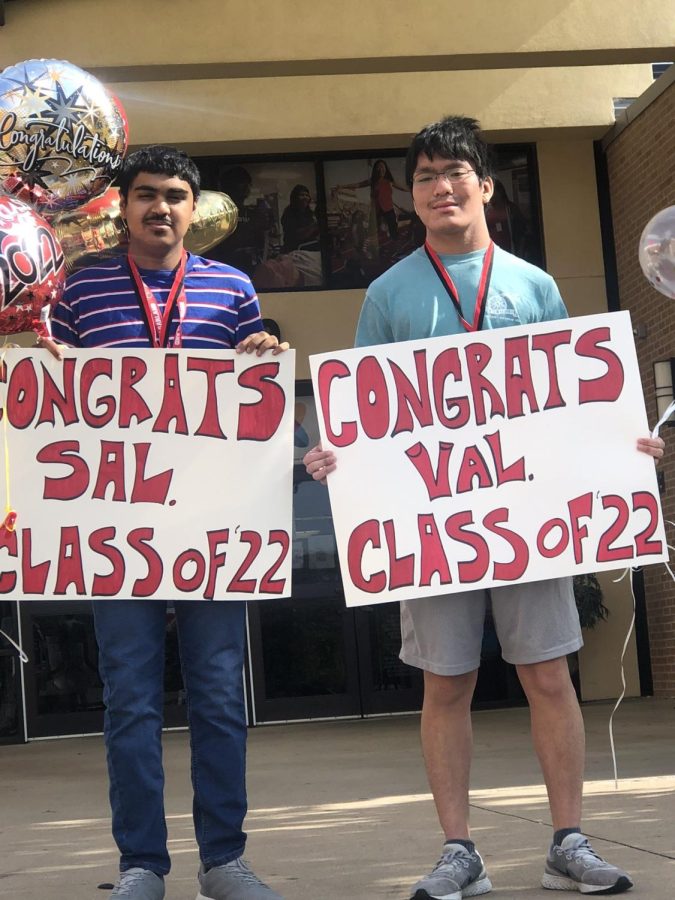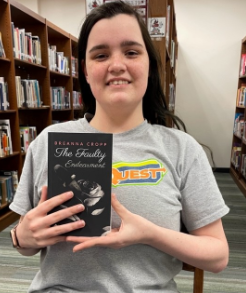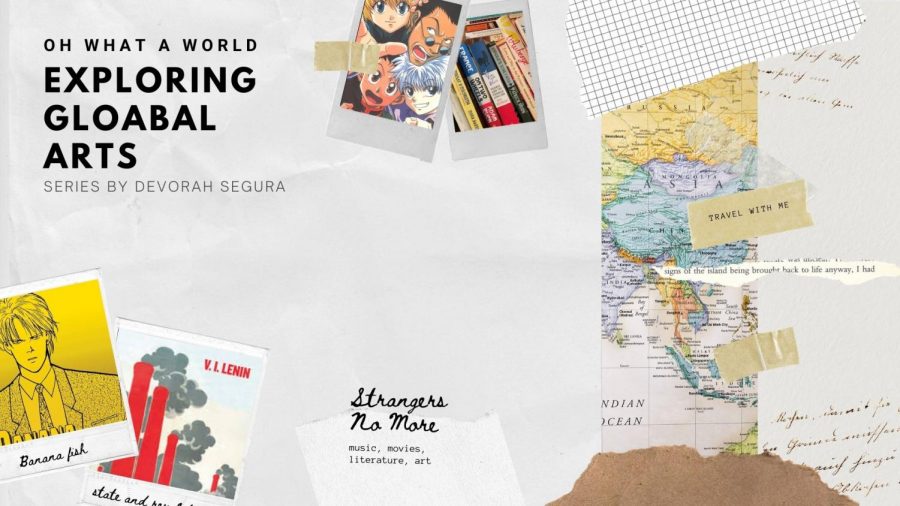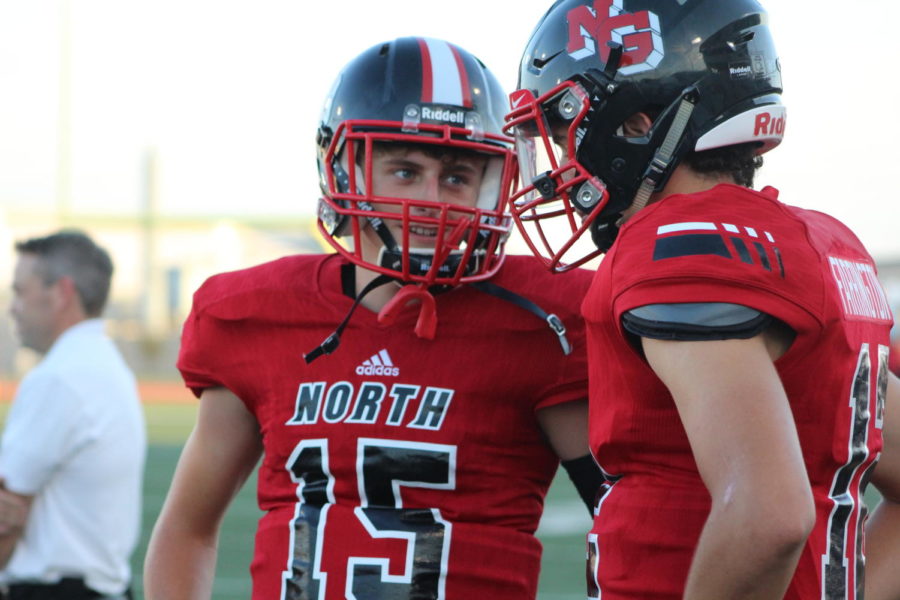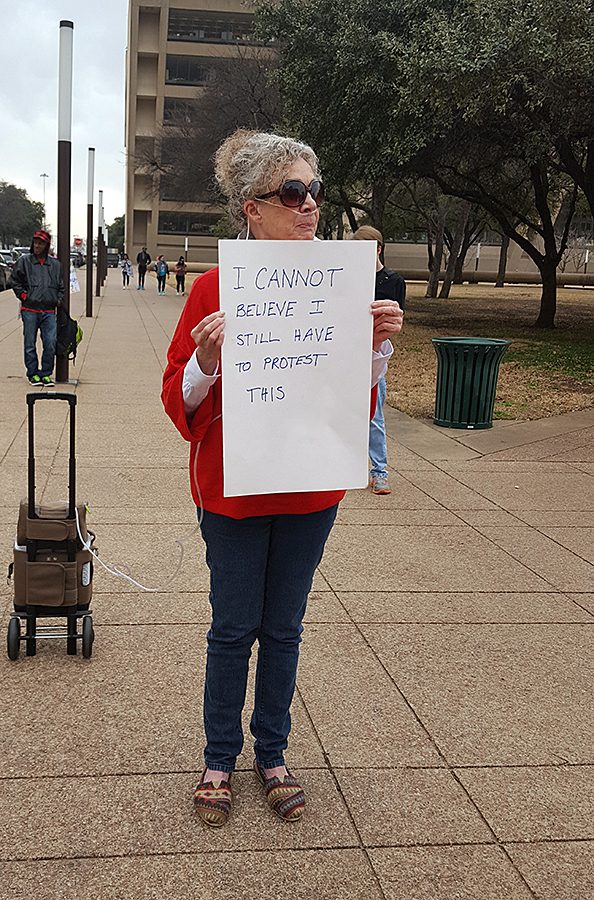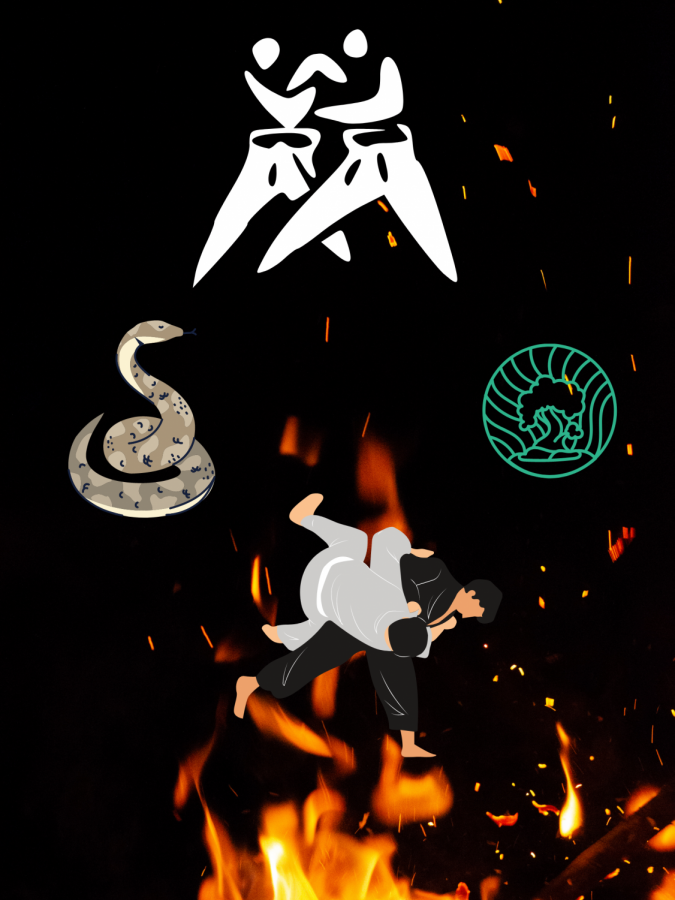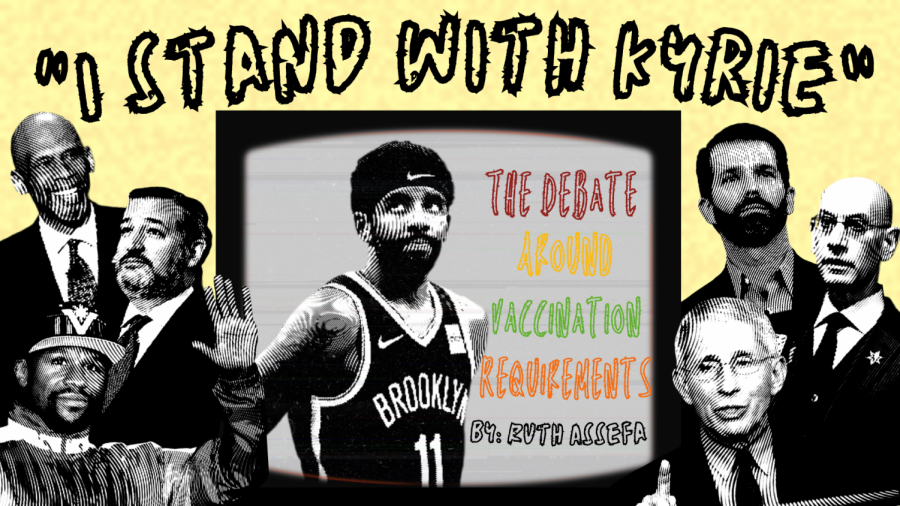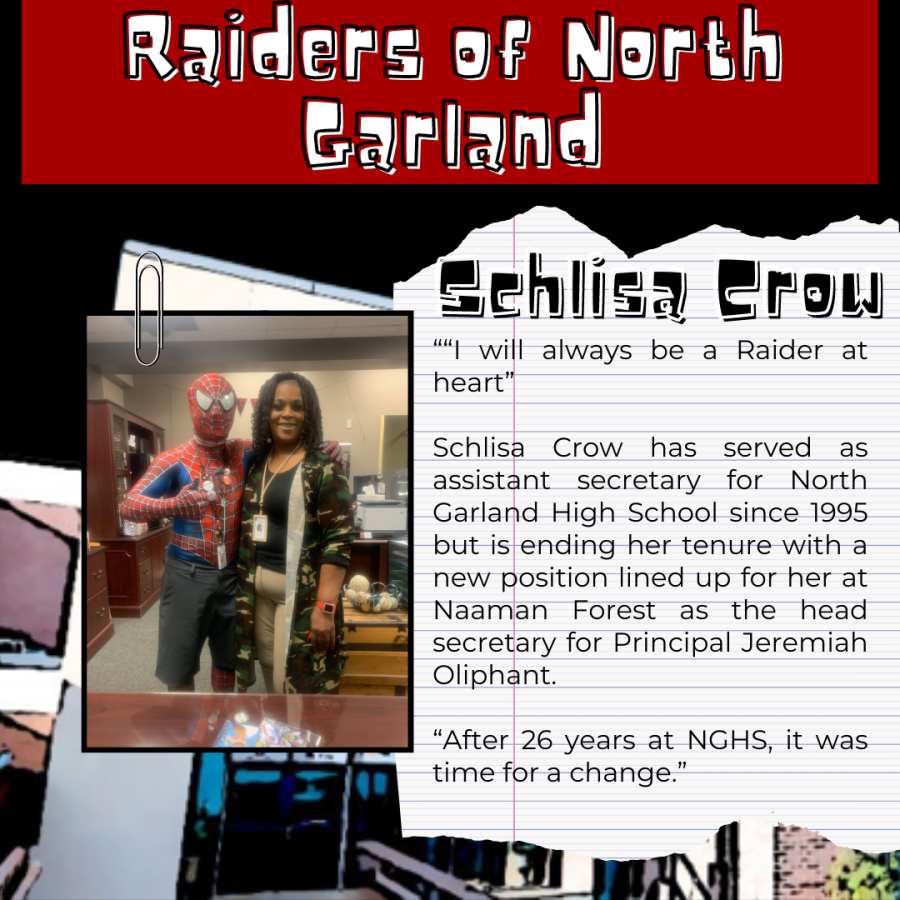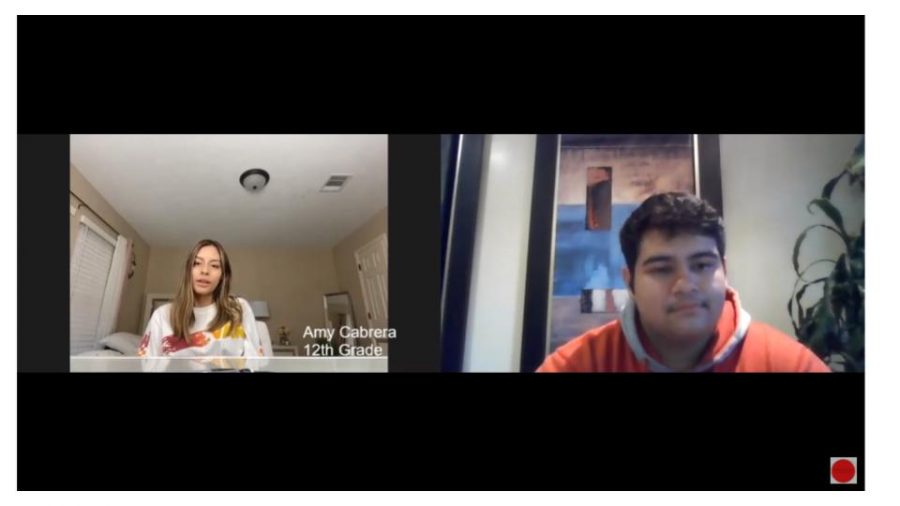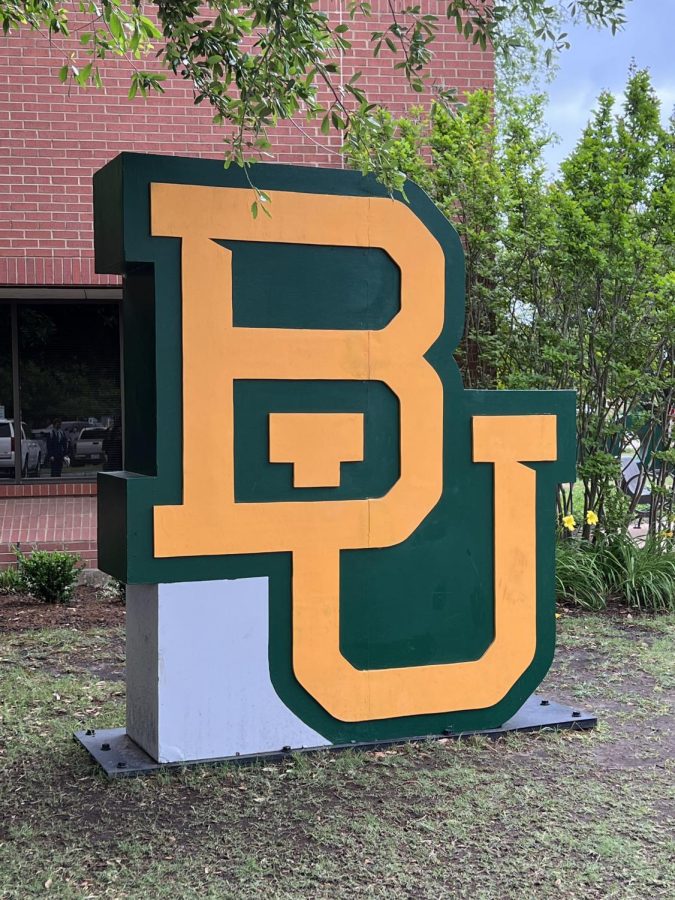Maximizing their Mission
Students reflect on summer mission trips abroad.
This past summer, both junior Garrett Womersley and sophomore Nicole Espinosa took their first trip outside of the United States. Their destinations: a third world country. Their purpose: a church mission. Womersley went to Nairobi, Kenya with his aunt, uncle and church group. Espinosa went to Tetiyan, Haiti with 16 others from her church.
RE: Why did you decide to go on the trip?
Womersley: “I wanted to see how it really was, like how [people there] lived and how they viewed their lives in a third-world country.”
Espinosa: “I felt like it was compelled in my heart to go and serve some people and share the gospel with other people.”
RE: What was the culture like?
W: “[The culture] was similar in some ways. Dance was very different, it was usually based on what tribe they originated from. Lots of jumping and yelling. Lots of singing, lots and lots of songs. [Another thing] that was very different was the hostile environment. Walking down the road you’d see militia, just walking around with [weapons] and [riding] on Jeeps.”
E: “The culture, it’s so different [compared to] the U.S. You could go out to anyone and say [hello] and give them a hug and a kiss, and it’s like they’ve known you since forever. You just become instant friends with everyone. [They take anyone with open arms].”
RE: What was the most surprising thing you saw?
W: “I spent Fourth of July there. I was kind of missing home at that point, and they had this place called Java House, a little American restaurant. We all had burgers, fries and milkshakes. That was pretty cool, like a little America.”
E: “I saw a little girl and boy fighting; they were punching each other and screaming. It was a little boy and girl, and the little boy had walked away, but the little girl had picked up a rock and threw it at him. Then, he turned around and got a bigger rock and threw it right at her face, and they just ended up throwing rocks [back and forth]. They could’ve been 8 or 9 [years old].”
RE: What was your most memorable moment?
W: “We had a science camp. We had individual groups with all the kids; they would rotate and answer certain science questions. We would pick a winner out of each group in each rotation, and they would get prizes. We had jump ropes, frisbees, hairbands, things like that. Seeing how they’d react to just jump ropes was like how we would react if we got a new car. They screamed, high-fived each other, laughed, yelled over jump ropes. You wouldn’t see that here.”
E: “Haitian kids don’t cry; they’re really tough kids. As we were walking down the road, we heard a little kid screaming and crying. We knew something was wrong, so we visited the house and [a little boy] was laying outside on a straw mat naked. He had a terrible fever, and when you saw [him] you could tell something was really wrong. Boogers were coming out of his nose, he was just crying. We honestly all thought that he was just going to die that day. We asked the lady if we could pray for him, and we did. We even told our friends and family back home just to pray for him. The next day we returned to see the sick boy, and when we [came] he wasn’t there, so we expected the worst. When we [found him] we learned that the little boy’s fever had broken that night, and he was out playing with other children. It was a miracle.”
RE: What did you learn from your experience?
W: “[That we have it so] much better [in America]. Food wasn’t really an issue where we were staying, but when we went to Navari Valley, the second biggest slum in the world, it was bad. That’s what people mean when you throw food away, and they say ‘Kids [don’t] have that in Africa.’ They have rivers of sewer running through the cities, [people] go to the bathroom in it, kids play in it. There’s trash all over the sides [of the valley]. They just throw all their trash on the ground; [it grows] into big piles and just stays there. Not very good medical care; people younger than 13 have AIDS, and not just by being born with it. The sex trade [and] drug trade are big there too.”
E: “I learned to appreciate everything I have at home, [and] to not take anything for granted. I’m now even appreciative of my toilet.”
RE: What will you remember from this trip?
W: “I think I’ll look back on how they see the littlest things that they’re given. Here, we’re given [something] but say we wanted [something else] instead, but we should be happy with what we were given in the first place.”
E: “It’ll always be in my memory. I’m always going to tell people about it, how God did work through me that whole entire week. It’s not all just luxury in this world; there are people without anything. Air conditioning, electricity or even have a plate of food a day.”
RE: What are your final thoughts on the trip?
W: “It was pretty humbling; they saw every day as a gift. It was good to be there and help. They need anything they can get, from a simple spread of word to medical care, to help doing yard work and painting. They appreciate all they can get.”
E: “Not being with my team left a big hole in my heart. I just [want] to go back and see everyone again, the Haitian kids, the Haitian translators who were with us. I actually [plan] on staying there for a few months after I graduate high school.”

